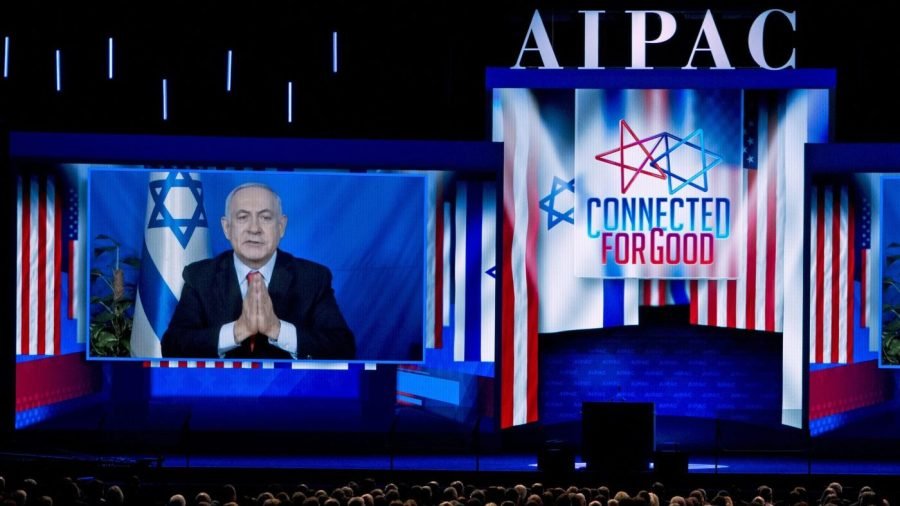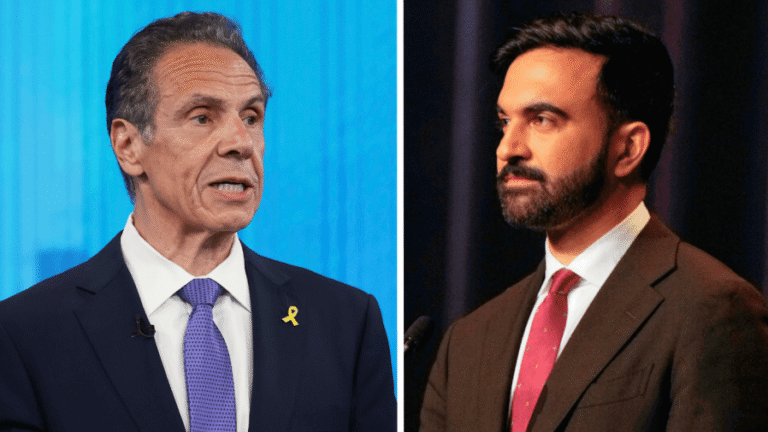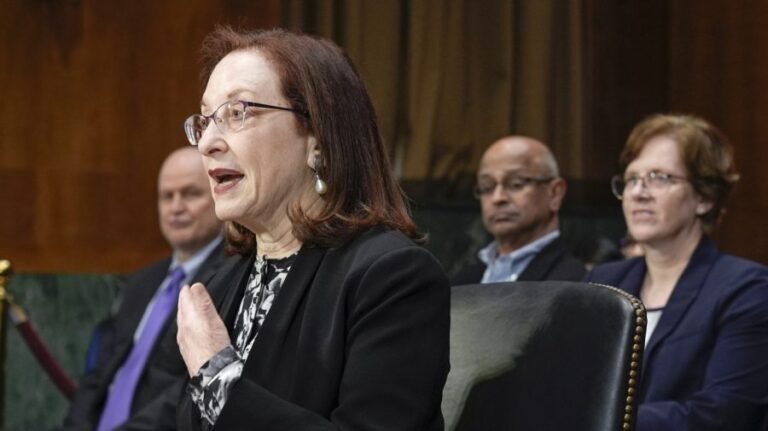
As midterm elections approach, American Jewish establishment organizations — such as AIPAC and the Anti-Defamation League — are determined to make unqualified support for Israel’s military, coupled with political backing of the ruling far-right government, the tail that wags the Democratic Party dog.
Whereas Democratic centrists prefer a singular economic focus in 2026, these “legacy” organizations insist that backing Prime Minister Benjamin Netanyahu’s policies should be Democratic candidates’ litmus test.
This is not about antisemitism, but supporting the right-wing Likud party and the Israeli military since Hamas’s Oct. 7, 2023 terror attacks. Cynically, the Anti-Defamation League insists on conflating antisemitism with opposing Israel’s military excesses, ginning-up hysteria about hatred of Jews.
The ADL and other organizations then weaponize the issue, effectively muzzling peaceful campus opposition to civilian bombing deaths, targeted assassinations of journalists in Gaza and now an engineered famine, along with any support for Palestinian rights — the First Amendment notwithstanding. This narrative effectively hijacks civil discourse, especially among non-Jewish critics intimidated from publicly criticizing Israel, lest they be labeled antisemitic.
That may be because the pro-Israel organizations and the Democratic Party have different agendas. Democrats want to win in the midterms in 2026 and the White House in 2028. The Jewish legacy organizations want to protect Israel’s interests regardless of election outcomes.
These groups exercise financial leverage in swing districts and other tight races. Some have few Jewish voters, as in Nebraska’s Second Congressional District and in Texas’s Republican Senate primary, where they have endorsed incumbent Sen. John Cornyn.
AIPAC’s and the ADL’s current fixations are on the mayoral candidacies of Zohran Mamdani in New York City and Omar Fateh in Minneapolis — both democratic socialists who have denounced what they call genocide in Gaza. The Jewish organizations are trying to paint them as boogeymen, along with Abdul El-Sayed, who is running for Senate from Michigan.
In Sen. John Ossoff’s (D-Ga.) reelection campaign, Israel supporters are reportedly turning the screws through Jews who live in the Atlanta area, because Ossoff, who is Jewish, joined 28 other Democratic senators in voting to curtail arms sales to Israel.
This compelled fealty to military aid has many Jewish progressives and supporters of Palestinian rights seeing these organizations as amplifying Israeli propaganda.
But sometimes money, even in large amounts, can’t sustain political support. Some candidates won’t stay bought, increasingly seeing AIPAC support as a liability. Consider Rep. Valerie Foushee (D-N.C.), who once accepted AIPAC funds but now does not.
In 2022’s Democratic primary, AIPAC and its allies poured over $3 million into Foushee’s campaign, mainly to block another candidate, Durham County Commissioner Nida Allam (D), an observant Muslim of Pakistani and Indian descent. Jewish organizations wanted to keep Allam from joining “The Squad” in Congress. AIPAC charged, without evidence, that Allam was affiliated with “radical anti-Israel activists.”
Foushee crushed Allam and went on to win the safely blue district in the general election.
In 2024, Foushee visited Israel, meeting with Netanyahu, but she began to shift her position on Israel as the Gaza war geared up. She boycotted Netanyahu’s congressional address and signed a letter that encouraged former President Joe Biden “to ensure any [military] aid [to Israel] will not further deepen the crisis in Gaza.”
Foushee, with no significant primary opposition, was reelected in 2024 and now will not accept AIPAC money for 2026, having become a co-sponsor of the “Block the Bombs” act in Congress.
Foushee is not alone in rejecting AIPAC funding. In late August, Maine Democrat Graham Platner, challenging incumbent Sen. Susan Collins (R) with the endorsement of Sen. Bernie Sanders (I-Vt.), characterized AIPAC as “weird” and said his campaign would not accept their financial support.
Despite their successes over the years, legacy Jewish organizations are perplexed at steadily eroding support among American Jews, especially young people, for Netanyahu’s government and Israel. They think the problem is communications and messaging. But the real problem is how Netanyahu and the Israeli military are prosecuting the war. Moderate and progressive American Jews support a ceasefire and a return of hostages. They look askance at mass killings and starvation in Gaza and violent land-theft by Israeli settlers in the occupied West Bank.
An Israeli-born high school junior from Greensboro, N.C., named Lahav Zaken had his hand on progressive young Jews’ pulse in a recent column lauding the North Carolina Democratic Party’s balanced resolutions condemning the Oct. 7 terrorist attack, antisemitism, Islamophobia and calling for “an arms embargo against Israel, a ceasefire, and the release of the hostages.” The resolutions also “decried both Hamas and Israel’s human rights violations. They advocated for basic human rights, dignity and peace for all Israelis and Palestinians.”
“Unfortunately,” Zaken wrote, “it seems that my perspective is not very welcome at my local Jewish Federation. … If I, as an Israeli-born teenager, can acknowledge the atrocities committed by Israel and that multiple things can be true at the same time, why can’t Jewish institutions?”
For the shortsightedness Zaken bemoans, the legacy organizations’ appeal to blinkered tribalism is bound to fail, leaving in its wake a hurtful fissure in the American Jewish community that is likely to last at least a generation.
Mark I. Pinsky, a Durham, N.C.-based journalist and author, has covered Southern politics since 1972.


